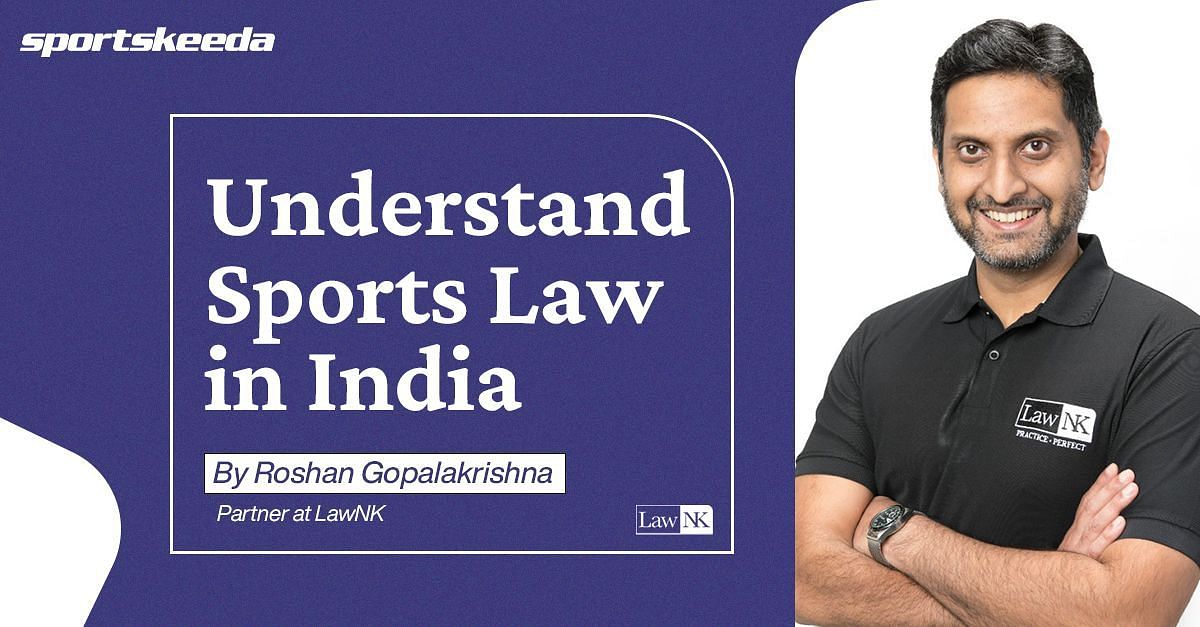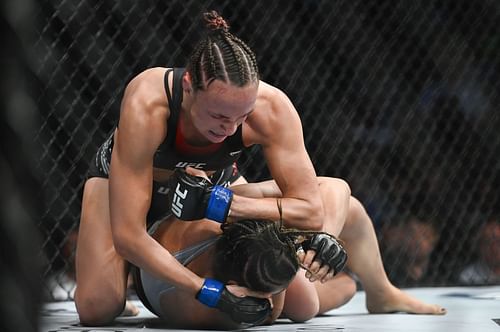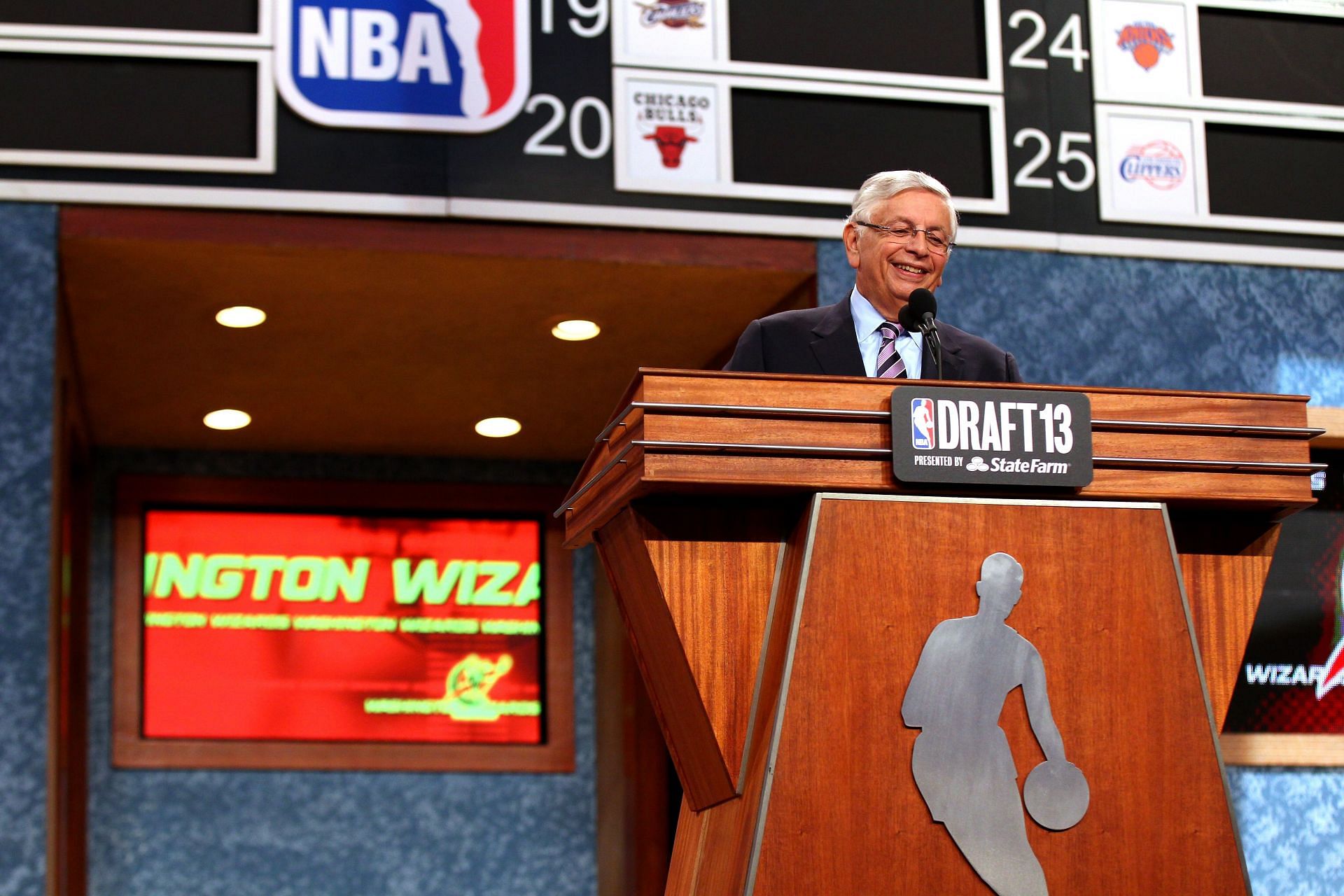
Sports Law Basics as Explained by Roshan Gopalakrishna, Partner, LawNK
As the Indian sports industry grows, so too is the practice of sports law as a distinct specialization.
Sports lawyers are instrumental in structuring commercial deals, ensuring myriad compliances, and advising diverse stakeholders ranging from leagues, startups, players, broadcasters, administrators, and even envisioning policy.
Roshan Gopalakrishna is a partner at the Law Offices of Nandan Kamath (‘LawNK’), one of the country’s pioneering sports law firms, based in Bengaluru. A graduate of India’s premier law school, National Law School of India University (NLSIU), Roshan has also completed a Master's in Sports Law from De Montfort University in Leicester, England.
Besides being a practicing sports lawyer with over 13 years of experience, Roshan is a director at The Sports Law & Policy Centre (SLPC), a think-tank committed to researching and raising awareness around key legal and ethical policy-related aspects of sports.
As a part of our ongoing "Business of Sports" educational series, Roshan answers frequently asked questions surrounding sports law.
Sports Law 101
1) What is sports law?
Sports law is the interaction between law and sport. By law, I mean different things. For example, the rules of each sport are for the purpose of that sport. Courts will never interfere in such matters, saying a ‘cricket bat or tennis ball has to be of a particular size’. These are considered purely sporting aspects which are to be dealt with as per the rules of the game and within the rules of the game.
Equally, there is another side where sporting bodies, sports stars [and] franchises also interact with the law as we do, as citizens, as individuals. There, the interaction between sport and law can take many distinct twists and turns.
2) What are the areas of sports law?
The areas are very diverse.
To give you an example, if there’s an IPL franchise, Company Law gets involved because you need to set up a Company which is a Special Purpose Vehicle (SPV) just to own and operate an IPL franchise.
There’s contracts… contracts with players, with coaches, BCCI itself, your support staff, other service providers. You end up dealing with local administrations... you will need to get a lot of clearance from local law enforcement authorities, health and safety. Even getting a license to set up a ticketing stall, Shops and Establishments registration for your own office, etc.
So there’s the civil law part, the commercial part, and the IP (intellectual property) part because so much of the sport is about how you monetize the content you create and own.
There’s tech law as well. Sport is no longer viewed the way it was 10 years ago. For instance, people in general don’t have patience to watch an ODI. It's all down to highlights and shorter clips. The next stage is potentially going to be more immersive for fans back home and even for fans in stadiums... [and] with the roll out of 5G we will probably get there.
Interestingly, sports have a criminal law aspect as well. There have been instances where players have been violent on-field. These instances are also dealt with within the rules and regulations of the sport, within the norms established by the governing body in terms of what is permitted, what doesn’t and what happens if you breach the rules.
Coming to criminal law, there is also the question of ‘how do combat sports even exist?’ There’s been a lot of jurisprudence around how there are rules at play for each sport. If you look at [the] Olympics, for the longest time, boxers used to wear headgear and mouth guards, but it’s not what you see at the professional level. So are you consenting to bodily harm and getting paid for it?

The more you think about it, there’s so much to sports law, and there are very few practitioners who can cover it all.
3) Is sports law a unique discipline compared to other branches of law?
What distinguishes a general practitioner from a specialist is nothing but domain expertise. So while I am primarily a lawyer, I would say I am better at applying the law to sports than applying the law towards corporate.
The last part of understanding the domain is the commercial ecosystem, which has its various pushes and pulls. I think it’s the same with any field of specialization. You need to understand the entire ecosystem, and only when you get the hang of it can you say ‘I’m a specialist. This is what I do.’
Primarily you are a lawyer. To a client it doesn’t make any difference. Think of it as a doctor. It doesn’t matter what kind of a doctor…if you know a doctor you’ll end up asking them questions about any ailment that you may have. The doctor could either help you or not, or direct you elsewhere. That’s what’s starting to happen with sports law as well.
Increasingly, with big business houses investing in sport, what is happening is they are saying ‘okay we need people who understand this space’ and therefore general practitioners may not be able to do it.
Even your client, who is a sports franchise, will call you up for any legal issues. There’s lots of interesting work that comes with simply being involved in sports. You can do a lot of work around technology, policy, and broadcast.
4) What are the biggest misconceptions around the practice of sports law?
People think I can get them tickets any time they want!
Some of the misconceptions are... obviously at the time that I started off thirteen years ago, it wasn’t a field that many people knew. There were, I won’t say misconceptions, but apprehensions about whether this was even a stable career path. It has worked so far, and I hope it stays that way.
Otherwise I think in sports law in general, there is a misconception that it is a very glamorous field. If it was a lawyer practicing in any other field, let’s say constitutional lawyer…you are not going to argue in the Supreme Court or in front of a constitutional bench in the first six months of your practice.
It’s a pretty long road to be able to get there and be able to understand the nuances and build up your practice, your reputation, and more importantly, your skills. A lot of the work we do is incredibly basic in terms of trademark protection, commercial drafting….all of which adds up to the larger picture.
When younger lawyers come in, they want to work on endorsements or player transfer agreements. To get to an endorsement, you need to understand so many other things….you need to understand the Consumer Protection Act, ASCI (Advertising Standards Council of India) Guidelines, the laws around surrogates, and banned extensions. The [final] agreement, in some sense, is just the end product or the expression of what you know and how well you know it.
5) Is interest in sport necessary to be a good sports lawyer?
Personally for me, sport was a huge area of interest and that’s how it started. But I’ve seen colleagues who are just good lawyers first. That’s all it takes. You may not even be interested in sports. But you need to understand the domain, which is a lot more than what’s happening on the field. Coming back to my first point: you need to understand the interaction between sport and law. Some may not watch cricket matches, and still know a lot about cricket broadcasting.
6) Is there an overlap in the functions of a sports lawyer, a sports agent and a player manager?
There is some amount of overlap. But lawyers who are lawyers should first steer clear of making commercial calls or calls around the clients’ playing careers, all of which are probably better handled by a player's agent or manager.
There’s a young breed of lawyers coming up who are trying to set up their own agencies or making the shift to [the] sports business side.
As a lawyer, if someone is well entrenched with a client, the access that you can have to documentation is quite unparalleled because you are potentially the only one who has access to all the documentation and can look at the different pieces of the puzzle before putting them together. That is a huge learning advantage. You're not just looking at the larger picture, you are reading each line and saying 'okay, is there an impact this has on the contract we did a few days ago?’ No one else will necessarily think that way, and that is primarily what a lawyer’s role also is – bringing order to what’s potentially a lot of chaos.

For example, you are working on an endorsement. You obviously need to understand how the law plays out with the contract that is in front of you. But equally, you will be called in to provide your input on things like ‘hey, this is the script for the ad, what do you think?’ or ‘the player is available for only three hours, the contract needs him to be available for four.’ Is there a process provided in the agreement by which you can manage the player’s schedule? So a lot of the operational bits also need to be captured within your paperwork.
7) Is sports law a good career? Please share your own career path…
My career path was slightly different and definitely not the most ideal. I decided in my fourth year of college that I just wanted to be a sports lawyer, and I wanted to be nothing but that. There weren’t many sports lawyers in India at the time.
How I was going to be a sports lawyer, I didn’t know. But what I did do was do internships with player management companies, marketing companies [and] some law firms that at that point had a fledging sports law practice.
I had no doubt that this was an area of work that would hold my interest for a longer time than most other things would. By that time, I had already eliminated litigation as a career option. Corporate law was a backup if nothing else worked, or I would have appeared for the civil services exam.
The advice I would give is, focus on being a good lawyer first. The skills you need to be a sports lawyer are something you can always pick up.
8) What are the skills that make a good sports lawyer?
The skills are, I think, understanding first that sport is not the same as any other domain of law. There are a particular set of rules and laws that have to be followed no matter what. As I said, the sporting aspect of sports.
9) Do sports lawyers also have a role as policy makers in a country like India?
A couple of things are combined here. First, it is just the ability to research well and look up the best practices from other jurisdictions. The second is understanding the current domain in India and trying to figure out what it is that needs fixing and how it can be fixed. Maybe "fixed" is the wrong word. At least what "suggestions" you can offer for things to improve, because ultimately, policy is a few years ahead of the law.
Very often when policy is not in tune with the interests at the top, it will never see the light of day. But what we are trying to do through SPLC is just keep talking about Indian sport, about the issues that really matter, whether it’s in India or globally. To keep putting out content [and] organizing annual symposiums. We believe that Indian sports law and policy deserves one such platform and we are probably best placed to provide that platform.
10) What advice would you give to young law students aspiring to become sports lawyers today?
Internships are definitely the way to go. While you can have an idea of what this particular field of area is, until you experience it in a work atmosphere, you may not really know if it is the right field for you. Secondly, internships also tend to take away any misconceptions that people may have. You are just one step removed, in some sense, from being an associate, and it gives you a fair idea of what associates can expect.
You have to start with the basics, there’s no other way of doing it. You need to be open to experiences as well. Someone I interned with once said ‘I shouldn’t be pigheaded about working in sport’. It was probably the best piece of advice someone has ever given me. But I saw the sense of that only many years down the line.
11) Is a Sports Law LLM necessary to become a good sports lawyer?
It’s helpful. I don’t think it’s necessary. A part of it also is. There may be some international organizations where if you want to get in, you may need an internationally renowned LLM. But otherwise, I think [if] you just know your field of work very well, that’s more than enough.
12) What are the best colleges/universities to study sports law – both in India and abroad?
There are a few courses but I don’t know how good or bad they are. I personally completed a distance education LLM, but I also did it just to tick a box. I was doing it from India itself, at my own time and pace.
13) What are the various sports laws in India that sports business professionals should be aware of?
First, the National Sports Code of 2011. The second would be how the Constitution would deal with sports as a state subject.
From a broadcaster perspective, it’s the Mandatory Sharing Act (‘Sports Broadcasting Signals Mandatory Sharing with Prasar Bharati Act, 2007’) where broadcasters of sporting events of national importance have to share a clean feed with Prasar Bharati for rebroadcast, which has a huge impact on the commercial model for many sports events in India, especially with international sports events.
From a purely commercial perspective, the Trademark Act, Copyright Act, Contract Act, the Consumer Protection Act & ASCI (Advertising Standards Council of India Guidelines)… are the things to know because a lot of people do end up working in marketing.
For people running academies, just knowing POSH [Sexual Harassment of Women at Work Place (Prevention, Prohibition and Redressal) Act, 2013] and POCSO [Protection of Children from Sexual Offences Act, 2012], understanding what policies to have in place if you are dealing with minors, women, besides workplace harassment.
For players, they will usually be governed by the rules of the governing body itself. So even in the absence of any national law, the fact is that sports is built on pyramid structures. There’s a global governing body and most of its rules and regulations are replicated in the constitution documents or the governing documents of its members.
14) What is your basic legal advice to sports startups?
Ensure that all your paperwork is in order, just to avoid any unpleasant surprises later. Unpleasant surprises can apply both ways – things really take off or things don’t take off at all. I’d say also understand that lawyers are there to play a specific role.
Lawyering is seen as just ticking a box and a compliance checklist. Essentially what most agreements do is they capture the understanding between two parties. You can’t, for example, send an email to a lawyer and say, "send agreement." The more the information that’s provided and the more questions they are open to answering, the better overall for lawyers and everyone else concerned. Because if things go wrong, the person they will come to first is the lawyer.
15) Lastly, why is sports law significant in today’s day and age, especially from an Indian context, and how do you see this field evolving?
On the commercial side, a lot has been going on with the next wave of broadcasters and we’ve seen this in the IPL auction this year. Different entities are willingen willing to put in so much more on the digital side of things, and that is potentially where the growth is going to happen.
Data analytics, NFTs, tech-based gaming, the tech side of things more than any other side [is where things are evolving]... [while] the League stage is probably quite saturated. Equally, the growth that is betting on technology and more largely on India’s population is what will drive Indian sport to the next phase of growth. More funds will be available from the grassroots upwards to develop and build a better ecosystem.